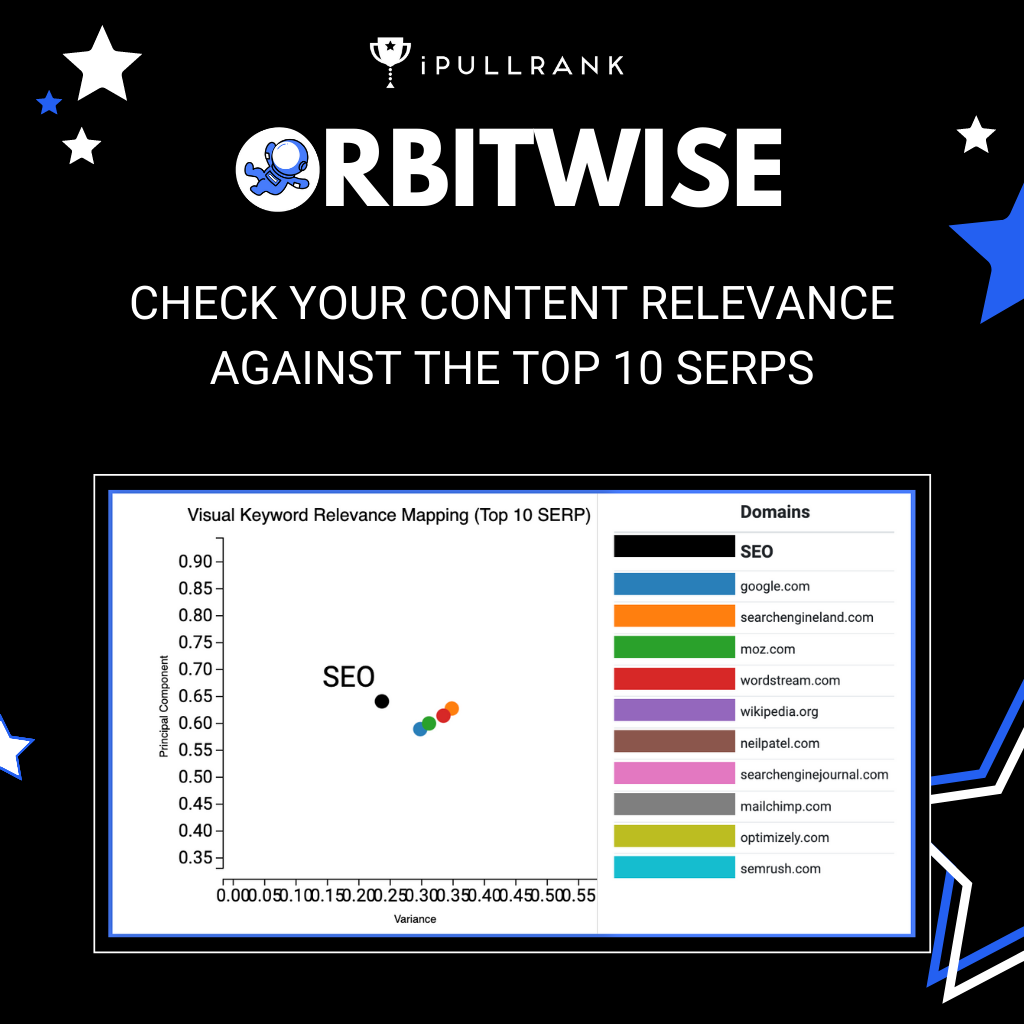What is User Research?

User research is one of the most vital components of user experience design. Typically conducted in the initial phases of projects, user research combines different elements or methodologies to gather insights on your users and understand their needs, behaviors, attitudes, and challenges as consumers. This doesn’t mean you can’t go back and make minor or even bigger changes to the current understanding of your target audience.
As your products or services change, how users interact with your brand may also change. As new technologies and innovations are released, expect your strategy to change. And as the world changes, your strategy should continue to change with it.
While your goals and methods might vary to suit the stage of your project, user research aims to understand your current and potential users, shape your products, services and content, and test your strategy to identify any issues users might encounter. User Research is a never-ending process, so consider performing user research in every design phase and not just at the beginning or end of your project.
In order to get a vivid representation of who your users are, you need to identify who your target audience is. Working from an SEO perspective, keyword research is an important step to get a sense of your audience. With it, you’ll be able to understand what users in your market are searching for, how they’re searching, and the search volume of terms being used that can lead users to your site.
However, an audience report doesn’t only report on SEO metrics. We also have to take into account the demographic and psychographic features that make audiences more unique to your marketspace and more likely to convert. The better you’re able to understand your audience, the more likely users will feel you’ve catered your products and services to work just for them.
What is Market Research?

Similar to user research, market research involves the collection of data on consumers, but it differs in the approach. By diving into the competitive landscape and determining the effectiveness of different marketing efforts, market research allows you to understand whether or not a product/ service company is needed or capable of growing among one target audience. It is a crucial study for starting a business, and extremely helpful for established businesses looking to increase their visibility and profits.
A successful marketing plan uses market research to make analyses on your relevant marketplace, target audience, and competitors. Businesses should always use market research to determine the practicality and requirements of new ventures—it’s an essential component of any business plan for any type of company.
Market research allows businesses to investigate existing demands for products and services. If after your business researches opportunities and sees there is no consumer demand in that area, your proposed venture might not be viable and that’s okay! Market research is meant to inform you of what is and isn’t working in reaching your target audience. It can provide you with insights to expand your business into new markets.
Another benefit of market research is its ability to provide you with information and insights on how your competitors are performing. You’re able to monitor your competition by looking at which tactics you might be able to adapt into your strategy and understand what works best for other businesses in your industry. Using the results of industry and economic trends can help you develop new strategies to adapt your business in a constantly changing environment. Monitoring your competitors also gives you a view of how you can acquire more of the market share and develop more competitive strategies.
How is market research different from user research?
While the terms are often used interchangeably, there are differences in what they aim to do. Do keep in mind, market research is not necessarily user research! User research is more often associated with the user experience (UX) and conversion activities, whereas market research is more associated with market segmentation and planning.
In general, market research takes an approach toward understanding purchasing behaviors within industries and markets, while researching consumer preferences around types of products and services. The language and messaging used to market and sell are highly dependent on demographic data and user preferences and address common questions such as determining if there is a demand for the product in the market, who is predisposed to buying it, and the best tactics for targeting the right audience. Market research takes a more direct approach to sell what your company offers or intends to.
Market research focuses on answering questions like:
- Does a market exist for this product?
- What is the market potential?
- Who are our target consumers and what challenges do they face trying to attain this product?
- Who are our competitors and how do they perform in this competitive landscape?
By analyzing large-scale surveys or secondary sources like census data, market researchers are able to better determine a potential market for a product and narrow down to specific demographics and personas that are most likely to purchase or use your services.
On the other hand, user research focuses on the user’s experience and how they as customers interact with certain products. It helps us identify the different ways consumers interact with and use a product (or service) and the problems they encounter when doing so. Understanding the user’s experience also helps us identify the needs that aren’t being met while using existing versions of the product. The information you collect with this type of research can inform solutions that improve interactivity and design. Of course with improving the UX of a service comes testing to ensure it ultimately aligns with users’ expectations and needs.
User research focuses on your existing customers to discover new or better ways your product can be more appealing and accommodate your user base. Because it operates on a more “intimate” level, UX research analyzes a smaller sample of your target audience to gain a deeper understanding of what users think and the actions they take when engaging with your product. Information gathered from user research helps us tailor product and service design, ultimately being more desirable to your target audience.
User research focuses on answering questions like:
- What specific actions are current users performing while interacting with our product?
- Can we change our product to make users happier?
- What features do users want us to add to our product to make their experience more enjoyable?
- What are users saying about our product? Are they satisfied with the solutions our product offers?
- How well are those solutions working for them?
Keeping these questions in mind when researching the user experience helps us improve issues customers might be inquiring about, understand high bounce rates and low customer satisfaction reviews, or simply make your product more user-friendly.
User research or market research, why is it so important?
If I haven’t made the point that research on users and industries is VERY, VERY important, I’m doing something wrong here! Both user and market research help us learn the language consumers use when talking about specific industries or services, what they experience when using your service or others like yours, and allow us to think, talk and empathize with users as real people with real needs.
Both user and market research allows you to:
- Make valid assumptions about your target audience.
- Gain a better understanding of users’ mental models and how they navigate the consumer funnel.
- Determine which parts of your plan should be prioritized and what can wait, based on what functionalities and content are important to your users.
- Make intelligent and well-informed business decisions.
- Venture out into unfamiliar markets where there are business opportunities.
- Create or improve business offerings that will satisfy your customers.
Market research aims to uncover the audience and market for a product or service and user experience explores how to make it more desirable to that audience. To design an effective product or service, businesses need to research their users’ entire customer journey from beginning to end and all the ways they interact with your service. Without it, you won’t be able to know gaps that exist in the user experience, what problems you’re aiming to solve, what you should be designing, or if what you’re proposing will even work well for users.
Conclusion
Every successful business has been a product of a great idea backed by hours and hours of research! At the end of the day, conducting research on your target audience and industry will allow you to better understand your users and elevate your marketing campaigns.
At iPullRank, we are firm believers in using research as the support of all the brilliant ideas our team comes up with. If you want to learn more about what we do, check out our blog, or get in touch with us to see how you can learn more about your users and how to better target them with your content and marketing efforts.
- Importance of Research for Marketers: Understanding User & Market Research - October 21, 2020
- Excel Basics: How to Make a Pivot Table and Chart - September 2, 2020
- Excel Basics: How to Use VLOOKUP - June 18, 2020











Leave a Comment